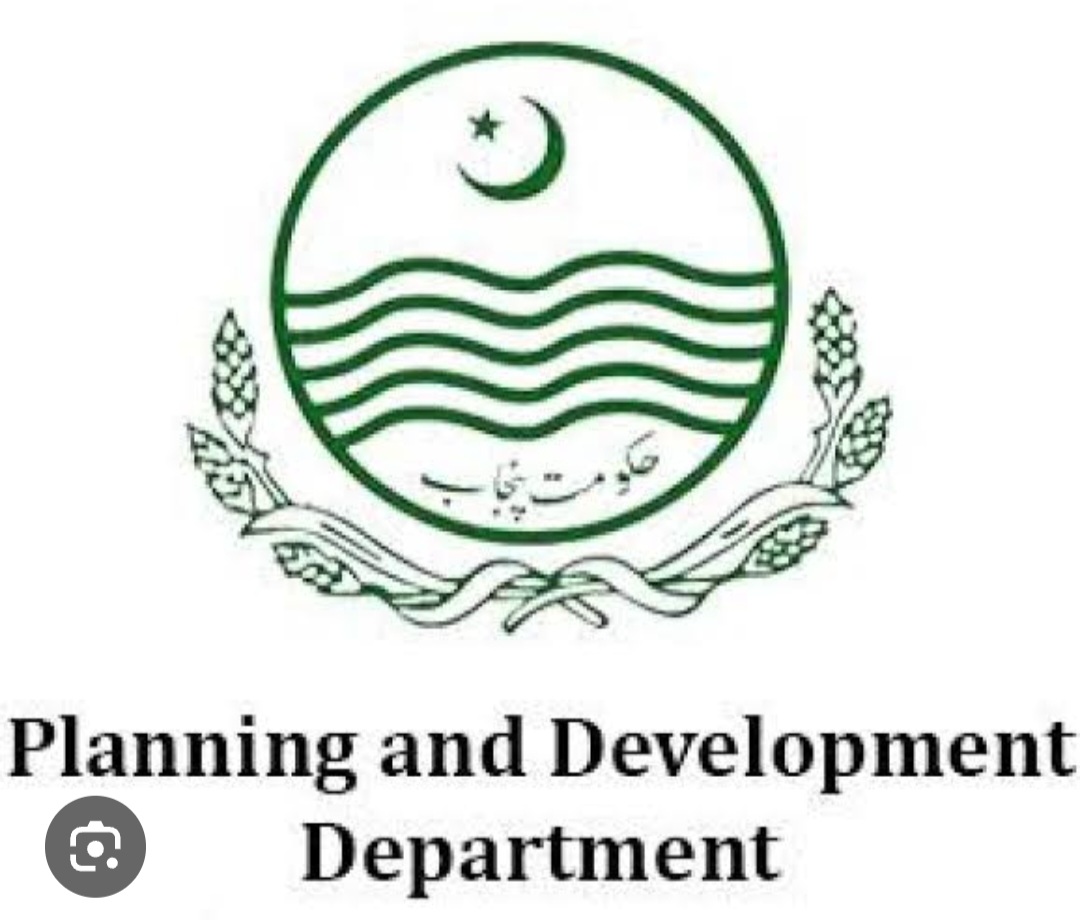Punjab P&D Board, together with UNDP, Promotes Climate-Resilient Urban Development in Punjab
Punjab P&D Board, together with UNDP, Promotes Climate-Resilient Urban Development in Punjab

Lahore: In line with the Government of Punjab’s vision for climate-resilient and sustainable development, the Planning and Development Board, in collaboration with UNDP through the Punjab SDGs Support Unit, convened a high-level workshop titled "Climate-Resilient Urban Development in Punjab: Perspectives on Policy, Planning, Financing, Design, and Implementation." The session featured Mr. Nadeem Khurshid, Urban Resilience Specialist, and Mr. Awais Asim, Financing for Development Specialist, as resource persons. The workshop was chaired by Mr. Masoud Anwar, Chief Economist, Planning and Development Board, and facilitated by Dr. M. Aman Ullah, Project Manager, Punjab SDGs Unit. Notable participants included Mr. Ahmir Sohail Kayfi, Additional Secretray, Local Government and Community Development Department, Ms. Nadia Shafiq, Additional Secretary, Transport & Mass Transit Department; Mr. Nisar Ahmed, Director, Punjab Disaster Management Authority; Ms. Hummana Saeed, Director, Lahore Development Authority (LDA); Prof. Dr. Amir Ikhlaq, Director, IEER, UET; Ms. Abeesha from the Urban Unit; and other representatives from key provincial departments.
Speaking on the occasion, Mr. Masoud Anwar, Chief Economist, Planning and Development Board, Punjab, stated, “Today’s session aims to identify gaps and challenges in making urban development policies climate-smart and resilient, and to explore mechanisms for embedding climate resilience within the development projects. It also seeks to promote financing strategies such as global funds, green bonds and carbon credits to advance a climate-resilient Punjab.” He emphasized that urban development planning in Punjab continues to face significant challenges in integrating climate resilience across project conception, design, financial planning, and implementation stages. “Climate is the government’s topmost priority,” he stressed. “Pakistan is among the most vulnerable countries to climate change, and we must ensure environmental concerns are central to the design of development projects. Each department should actively pursue relevant financing avenues, and the ultimate aim is to build institutional capacity for climate-resilient planning and implementation, Mr. Masoud further explained.
During the session, Mr. Nadeem Khurshid, Urban Resilience Specialist, emphasized that several cities around the world offer best-practice models for climate-resilient urban development. These global strategies, he noted, provide valuable lessons that can be adapted to Punjab’s context, paving the way for long-term sustainability and strengthening the province’s climate and urban resilience. The workshop focused on five key thematic areas: Climate-Responsive Urban Planning; Climate-Smart Project Planning and Design; Resilient Infrastructure; Financing Climate Adaptation; and Enhanced Climate Governance and Community Participation. Through expert presentations and multi-stakeholder dialogue, the workshop contributed to the development of a comprehensive framework for integrating climate resilience into Punjab’s urban development agenda, aiming to build sustainable, adaptive, and future-ready cities. Representatives from various departments demonstrated keen interest in these thematic areas, actively participating in discussions and exploring practical steps to operationalize climate resilience within their respective mandates.
In the closing session, Mr. Awais Asim, Financing for Development Specialist at the Punjab SDGs Unit, delivered a detailed presentation on climate financing instruments and opportunities relevant to urban development in Punjab. He underscored the growing importance of leveraging innovative financial mechanisms such as green bonds, carbon markets, debt-for-nature swaps, and public-private partnerships to bridge the climate finance gap. Highlighting Pakistan’s potential to generate substantial revenue through carbon credits and green investment, Mr. Asim emphasized the need for provincial frameworks to align with national climate policies. He called for building institutional capacity and enabling departments to structure bankable, climate-resilient projects, marking a crucial step toward unlocking sustainable finance for Punjab’s urban transformation.


No comments yet.